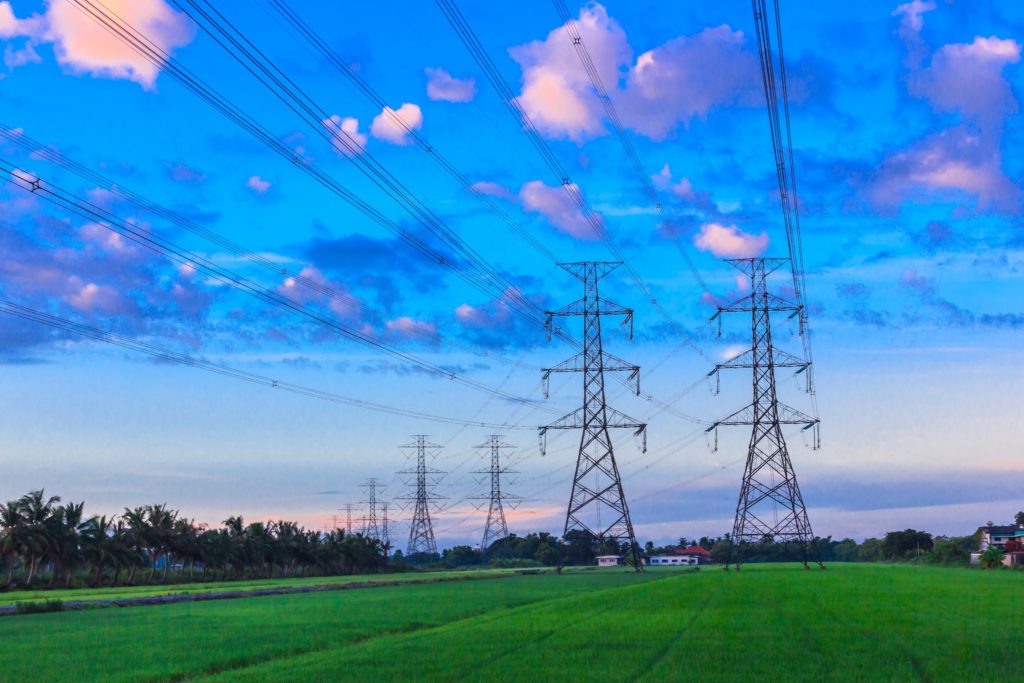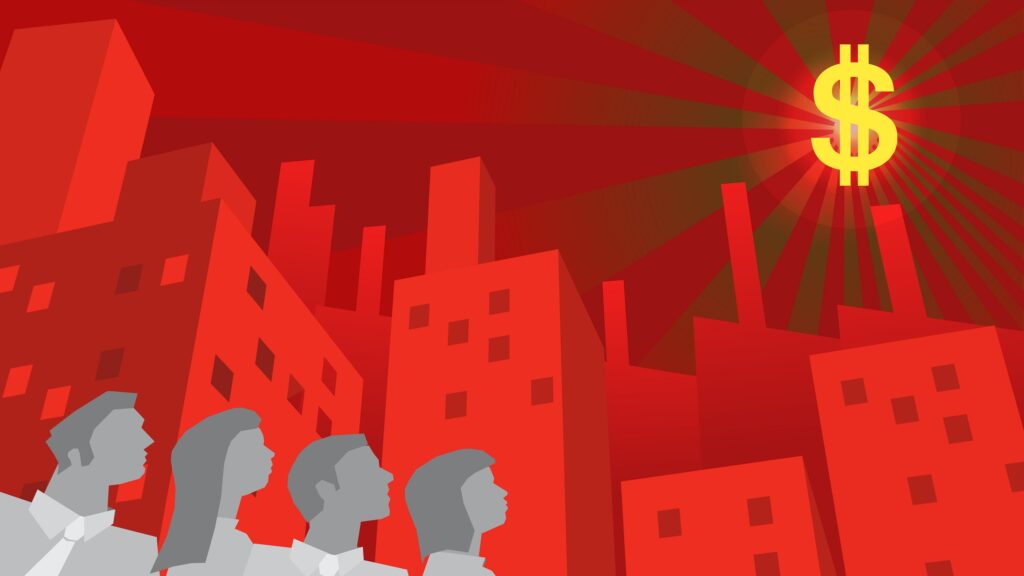By punishing profit, California’s anti-gouging law will boost gas prices
Gov. Gavin Newsom recently signed into law legislation that intends to create a “watchdog” to oversee oil companies and impose “price gouging penalties.” The thinking is that the reason gasoline prices are so high in California is not because of market scarcity (or even the state’s exceptionally high taxes on gasoline), but the greed of oil companies seeking a profit.
This is bad energy policy for a number of reasons, the first of which is that it deters new production that would lower energy costs. But the bigger problem is that this is part of a troubling trend of policymakers failing to understand why profit is the essential element to a functional free market economy that can create abundance and that restricting profit can and does lead to scarcity.
Everything in our lives that we consume has some sort of cost to it. The food you eat has to be grown and transported to you, and the television you watch needs actors who are paid for their time. Generally, we don’t expect anybody to ever be working entirely as charity; we expect that people take jobs and make investments assuming that they will profit from the endeavor.
That profit motivates people to produce, and it is in defending that profit from competitors that producers seek to find ways to lower their production costs and produce more efficiently. One economist famously stated that this productivity improvement in the economy, “isn’t everything, but in the long run, it’s almost everything.” In short, profit stimulates productivity, and productivity grows our wealth allowing us to consume more and produce more for less.
What happens, then, when policymakers don’t view profit as a company’s success, but as an ill-gotten gain that must be restricted? While politics in general has a short memory, Americans would be wise to recall that the nation has gone down that road before, and to disastrous effect. In 1971, politicians were desperate to fight inflation, and out of ignorance believed that one way to do it was to mandate a freeze on all prices. What could go wrong?
These price controls didn’t halt the ascent of prices. It put producers that could not compete at the mandated price out of the market. Notoriously, some farmers were even drowning their chickens because it would cost them more to maintain the supply than they could recoup under the controlled prices. The effect of price controls under President Richard Nixon was not to halt inflation, but to cause productivity to nosedive.
Americans quickly recognized that price controls were a bad idea, but they learned this lesson for everything except energy, as the government retained price controls on oil. When Arab members of the Organization of the Petroleum Exporting Countries (OPEC) embargoed the United States over its support of Israel, the price of oil quadrupled due to scarcity, and Americans had to ration gasoline. But the hardship was unnecessary: there was plenty of oil in the United States. The government simply made it unprofitable to produce that oil. When President Ronald Reagan lifted price controls in 1981, the move was hotly contested. Comically, the New York Times’ confidently cited “consumer groups” that estimated the coming hike in gas prices after the end of these controls. Three months later, the Times printed another piece assuring readers that the rapid decline of gasoline prices and the ensuing economic boom couldn’t possibly have been caused by ending price controls (perish the thought!).
The price controls of the 1970s were an abject lesson that economic principles are not merely esoteric theory, but a truthful assessment of how human beings respond to incentives. This seems to have been forgotten. It’s not just California’s oil “price gouging” legislation. Many politicians claim that the current economic malaise isn’t attributable to their own unprecedented spending and mounting regulatory costs but must instead be caused by “corporate greed” or “ultra-millionaires.” Ignoring economic reality leads to backward policy propositions. In addition to the new “price gouging” law, the largest investor-owned California utilities want to charge customers based on their income instead and then subsidize electricity consumption, which would incentivize households to consume more electricity and increase costs. In his budget, President Joe Biden proposed a tax on unrealized capital gains, which would simply punish investors for investing. In the not-too-distant past, Green New Deal advocates proposed paying for their policies with “modern monetary theory,” which is a euphemism for printing money – a policy tried several times before to disastrous effect.
Ultimately, the California oil price-gouging law is more of a symptom than the problem itself. Simple government-imposed solutions to economic problems are often more appealing to voters than the nuances of economic theory, and politicians are rewarded for catering to these instincts.
To continue to enjoy the many benefits that our free-market economy has brought us (and the entire world), it will be important to resist central planning biases, and instead preserve the incentives that encourage new production and competition.
Philip Rossetti is a resident senior fellow for energy at the R Street Institute.





